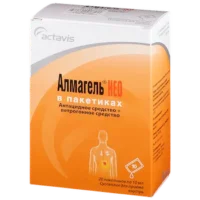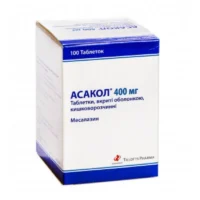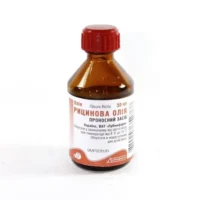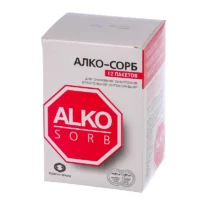Description
Cvamatel (Famotidine) Lyophilisate for Solution for Injections 20 mg Vial №5 + Solvent 5 ml №5
Ingredients:
Each vial contains 20 mg of famotidine. The solvent provided is 5 ml for reconstitution.
Dosage:
The recommended dosage is determined by a healthcare professional. It is usually administered by intravenous injection.
Indications:
Cvamatel is indicated for the treatment of ulcers, gastroesophageal reflux disease (GERD), and pathological hypersecretory conditions. It helps reduce stomach acid production.
Contraindications:
Do not use Cvamatel if you are allergic to famotidine or similar medications. It is not recommended for use in patients with severe kidney problems.
Directions:
Follow the instructions provided by your healthcare provider for reconstitution and administration. It is important to use aseptic techniques during preparation.
Scientific Evidence:
Famotidine, the active ingredient in Cvamatel, is a histamine-2 receptor antagonist that works by decreasing the amount of acid produced in the stomach. Studies have shown that famotidine is effective in treating ulcers and GERD. According to a study published in the American Journal of Gastroenterology, famotidine was found to be as effective as omeprazole in the treatment of erosive esophagitis.
Additional Information:
It is important to store Cvamatel lyophilisate for solution for injections as directed to maintain its stability and efficacy. Consult your healthcare provider for any questions or concerns regarding the use of this medication.
Pharmacological Effects:
Famotidine works by competitively inhibiting the action of histamine on the H2 receptors of the stomach, leading to reduced gastric acid secretion. This mechanism helps in healing ulcers and reducing symptoms of GERD.
Clinical Trials:
Clinical trials have demonstrated the effectiveness of famotidine in the management of peptic ulcers and hypersecretory conditions. A study published in the Journal of Clinical Gastroenterology showed that famotidine was well-tolerated and effective in reducing gastric acid secretion in patients with duodenal ulcers.





